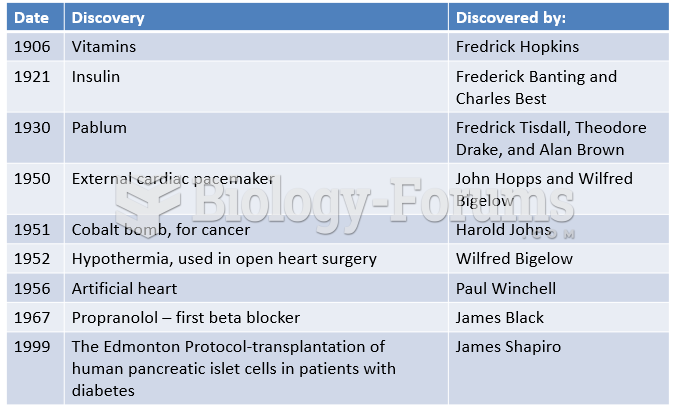Answer 1
Answer: Whites, eager to exploit the economic opportunities of the Great Plains after the Civil War, expected the Indians to adopt the cultural values of the whites. The U.S. Army was assigned the duty of converting the Indians to white ways or of exterminating them. The Indians, on the other hand, believed that the land belonged to them. Wanting to maintain their traditional culture, they resisted white attempts to force them off their land and to convert them to white ways. Eventually, the Indians were forced onto reservations.
Answer 2
Answer: After the Civil War cattle raising moved into the Great Plains area. At first, open-range ranching prevailed, but overgrazing and natural disasters brought its collapse in the 1880s. During this era the cowboy became a major figure, herding the longhorn cattle to the railheads in Kansas. After the disasters of the 1880s, ranchers turned to scientific husbandry by fencing lands and improving breeds, hence the quality of their product.
Answer 3
Answer: Mechanization greatly affected American agriculture in the late nineteenth century, encouraging specialization in agricultural production. Farms tended to become larger, leading to the emergence of the bonanza farms, especially in the West. Development of the refrigerated rail car encouraged the production of fruits and vegetables in California. Overall, farming became more of a business, with less emphasis on self-sufficiency.
Answer 4
Answer: During the late nineteenth century, the American farmer increasingly became market-oriented and, hence, subject to the laws of supply and demand. Overproduction led to a decline in farm prices, while the farmer suffered from monopolistic practices of the railroads and grain storage companies, as well as the hard money policies of the federal government that made it difficult for many of them to pay the debts they had made to purchase more land and agricultural machinery.







